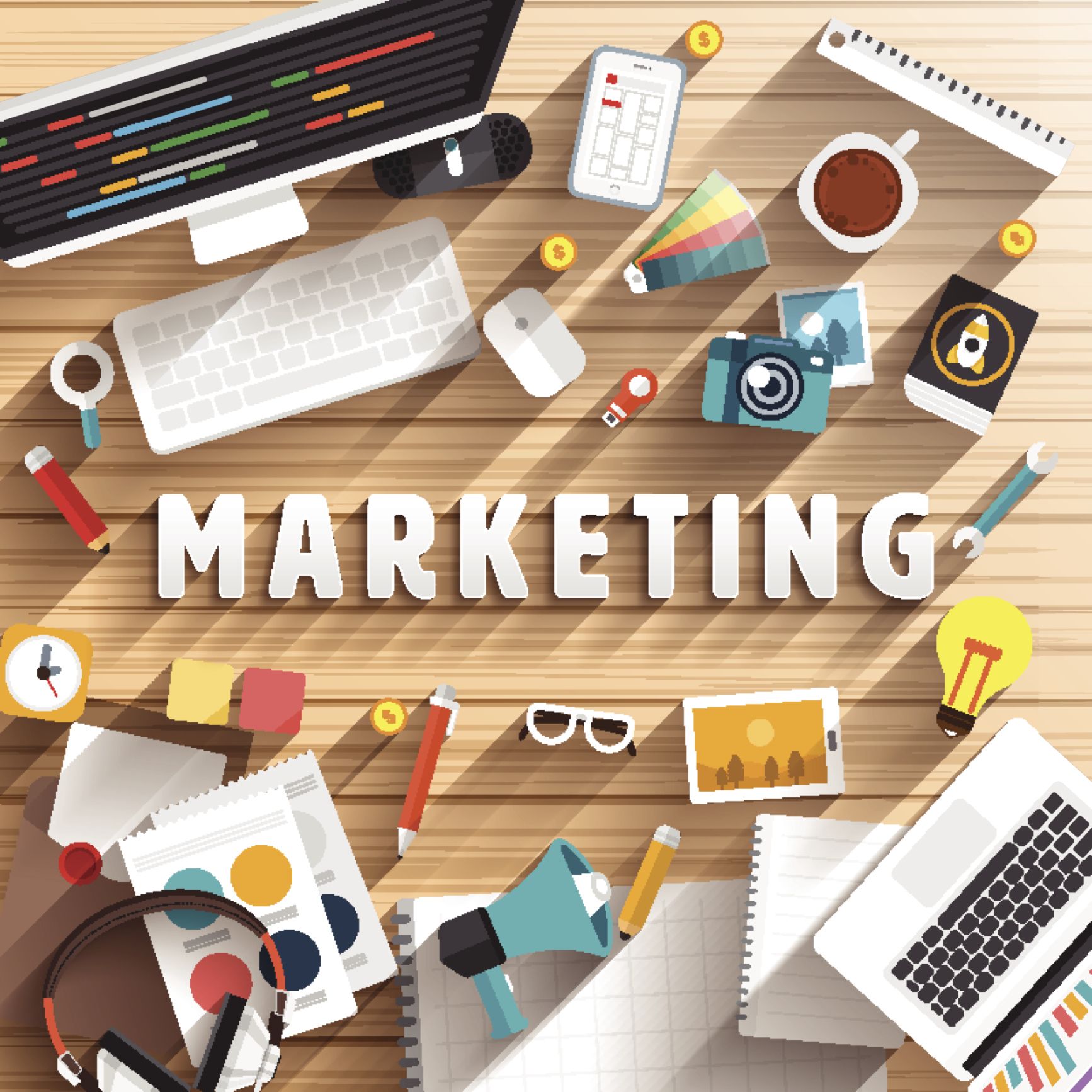By Zion Rufus
Looking at the current ‘new normal’ situation across the world, it is safe to say people, brands, as well as industries cannot revert back to living and carrying out activities the old ways.
In the same vein, this evolution also applies to marketers, who have been forced by the pandemic to redefine their marketing strategies and think about new brand building mechanisms. Marketing in the age of covid 19 have put marketers face to face with critical truths that challenge the old normal, pushing them out of the comfort zone of what they are used to, and the comfort zone of playing it safe.
“The experience has been quite the leveller for nations across the globe. We have witnessed similar trends as an appreciation of technology in daily life routines, business services, remote working, logistics and supply chain automation,” says Mobolaji Caxton-Martins, Strategic Brand and Marketing Innovation Consultant.
“For brands and marketeers, the focus has quickly shifted from a dominance of traditional modes of advertising to new value creation leveraging digital and technology. Although COVID-19 has disrupted our lives and maybe for the foreseeable future, it has also played a defining role in acting as a catalyst to embrace innovation and excite our experiences with work, brands, and the general market atmosphere.”
In the thick of the pandemic, most brands were quite confused about what the direction of their marketing campaigns should be especially because they did not want to seem insensitive at a time where consumers were dealing with a lot. At the core, consumers wanted to know that brands understood what they were going through and were willing to make their lives easier.
As a result of this unprecedented development, brands were required to tailor their marketing and advertising communications in local and more personalized terms by targeting consumers based on what is most relevant to them, understand their purchasing behavior, and the systematic change in their purchasing behavior which has been informed by the effects of the pandemic. These behavioral changes may include, an affordability first orientation, health-first, experience-first, and sustainability-first orientation.
Sherif Lanre Akinpelu, Strategy Lead, SPV Communication Solution (MTN Nigeria’s Marketing Communications Agency) is of the opinion that these changes also depend on the category or the industry the particular brand is playing in.
He cites: “Taking Telecom into consideration, marketers would need to look at the new changes in the telecom sector. Same thing applies to other sectors, and the only way brands can identify these changes is by carrying out research on what has changed in the industry, what the charts are saying based on their performance, and how they can move to address these changes.”
“When you look at covid 19 and what it ushered in, it ushered in a couple of differences in human behaviour. For instance, unlike before, working from home has effected some changes in human behaviour. So marketers need to look at those changes in human behaviour and compare it to how it affects their businesses, check their data, and see if they can learn something new. When they learn something new, they are able to create marketing interventions that address the problems they are currently facing.”
Although the expectations of consumers were already on the rise pre-covid, the pandemic accelerated a digital transformation in turn, sending consumer expectations skyrocketing in terms of what companies could do for them with a more digital experience.
Head, Strategy and Planning unit at Leo Burnett Lagos, Emeka Obia states: “Marketers need to go back to basics. Times have changed and the more critical thing for marketers to do now is to listen. I would like to say we are the human-kind era, because the world has been hit, and people have gone through an entire scare and global shutdown, so now more than ever, it is important for marketers to listen to understand people, how their needs have changed, how their expectations have evolved, and then design solutions to meet those needs. It can’t be based on assumptions anymore; it has to be specific to those needs.
“Relevance has also become key; marketers need to ensure that their messaging activities and entire brand experience are relevant to their customers across regions. These changes can involve behavior, expectations, what customers are lavishing their attention on, the innovations, the new brands, and their expectations of brands. so marketers need to listen so as to understand how to take those insights and work with them in planning their marketing, communications, and engagement strategies.”
“Marketeers should now think of themselves as innovation catalysts that have the unique competencies to create relatable human stories which can bridge challenges and solutions,” Strategic Brand and Marketing Innovation Consultant, Caxton-Martins adds.
“Imagine industries such as telecommunications, banking, agriculture, education, and power to mention a few, all these industries have been redefined by technology to simplify value delivery, reduce cost, expand reach and increase efficiency. For a long time, marketeers have been stuck in a self-created bubble of creativity where they appointed themselves creativity custodians. It is safe to say that technology has redefined that. Every industry and career vertical has had to look within; applying creativity in order to deliver value to their stakeholders.”
Marketeers need to apply the same level of technology appreciation to their set of competencies and value delivery, the marketing innovation consultant advised. While marketeers will always be the ideal merchants, this era requires a refocusing that goes beyond touting digital marketing but also immerses itself in the redefinition of other professions to learn how ideation in itself can be a valuable asset to these industries.





Comment
No comments found.